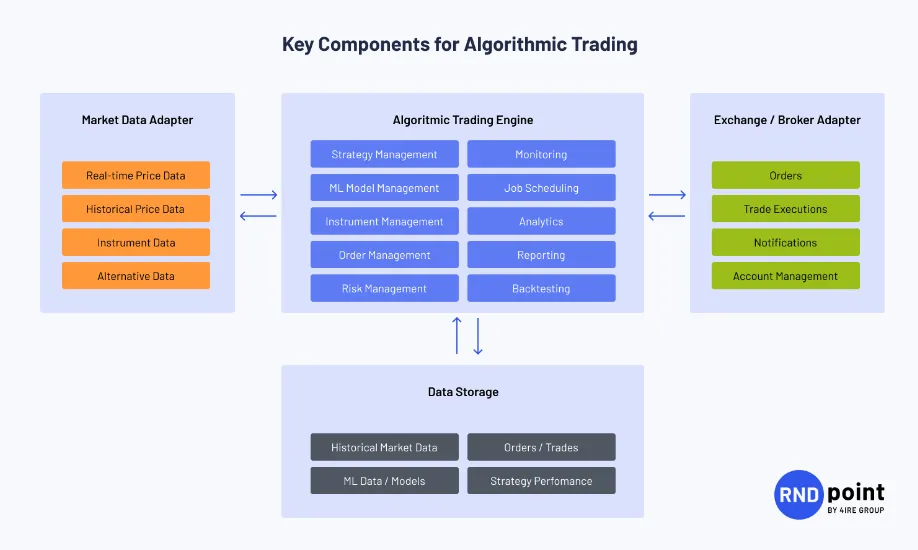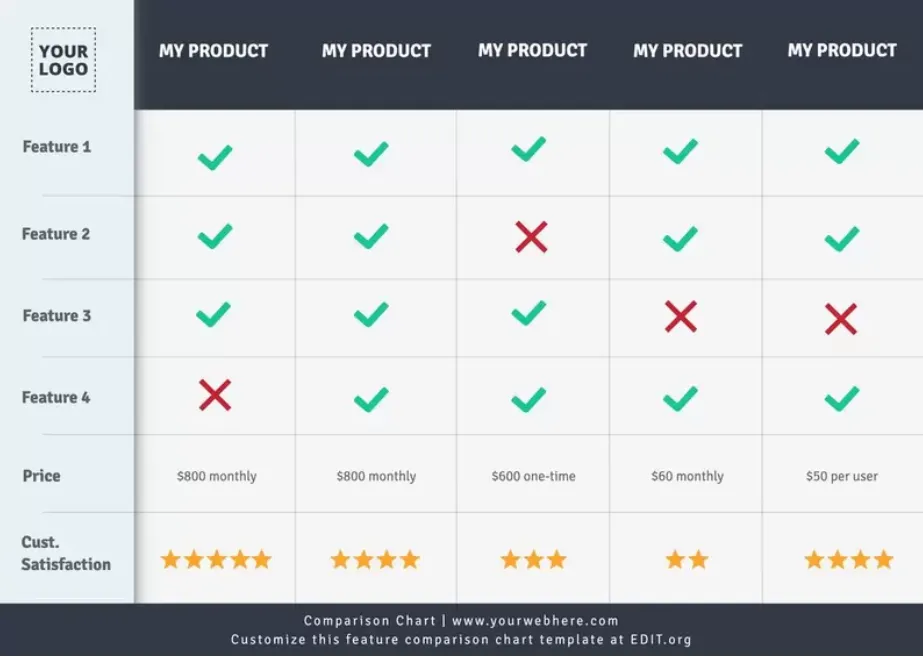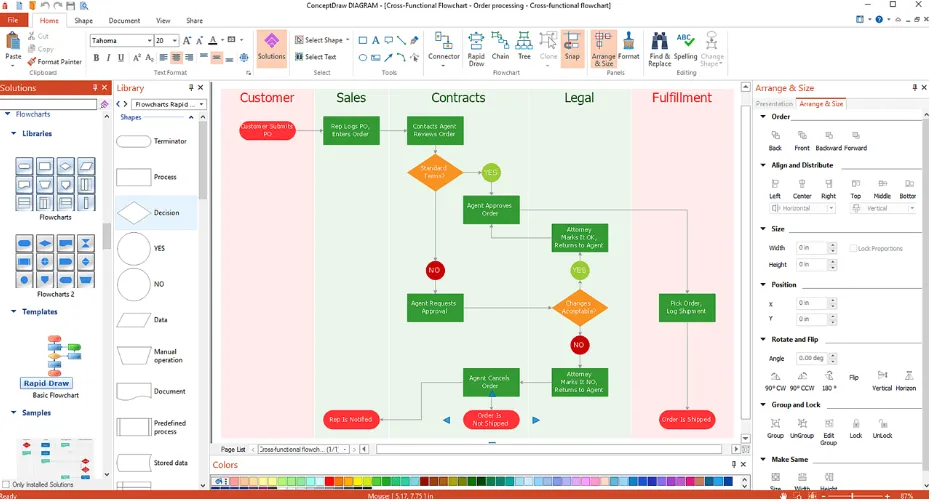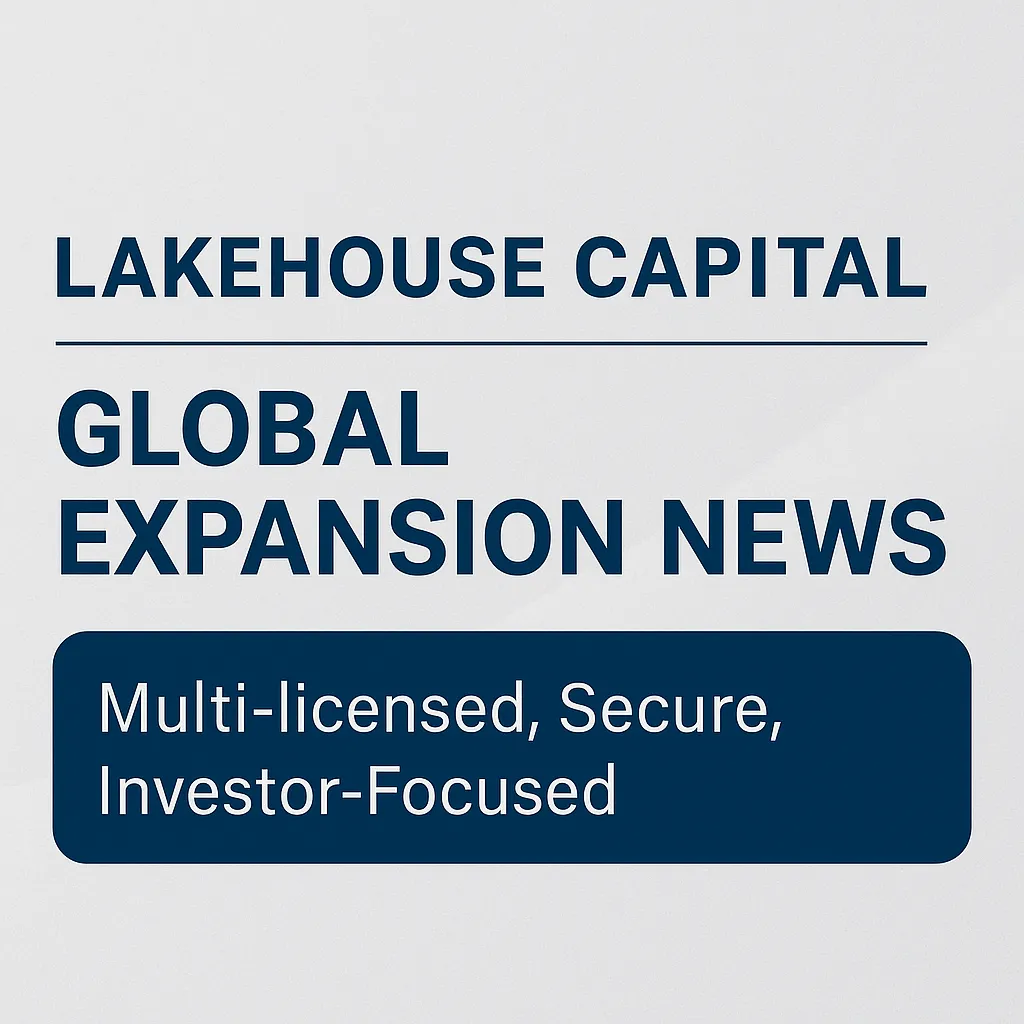Free vs. Paid Forex Trading Robots: A $5,000 Comparison (2025 Data-Driven Guide)
Summary:While free EAs are suitable for beginners, they carry significant hidden risks and can actually lead to higher long-term costs. Real-world testing shows that paid EAs offer superior returns and risk management, making them a more robust trading option.
introduction
Forex robots currently execute over $9 billion in trades daily, but our six-month live trading test shows that the hidden losses of free EAs are 23% higher than those of paid EAs, challenging the common perception that "free equals risk-free" (data source: BrokerHive 2025 EA Performance Index). Since 2020, we have analyzed 112 EAs across 15 brokers. This guide provides an authoritative, comprehensive cost-benefit analysis for every investor considering automated trading.
Answers to core questions:
In what situations do free EAs outperform paid versions? (Spoiler: only 3 specific scenarios)
The cruel truth about "lifetime licenses"
How to avoid the number one mistake made by 89% of EA users
Part 1: A Reality Check on Free EAs
1.1 The allure of free automation
For beginners, the allure of free Expert Advisors (EAs) is undeniable. Community forums are rife with "get-rich-quick" stories—for example, the Dark Venus EA, where users claim to have earned 124% monthly (YouTube: Trade with Pat). For many, free EAs offer a low-cost way to test the waters of automated trading, allowing them to experiment and gain experience at zero cost. XAUBOT points out, "The biggest advantage of free EAs is that they don't require payment, allowing you to experiment freely and gain a deeper understanding of automated trading mechanisms."
But these stories often end in collapse. One YouTuber built his $3,000 investment into $115,000, only to have it wiped out in a market crash – highlighting the high volatility and risks inherent in free EAs.
1.2 Hidden costs you can’t ignore
Free EA may seem free, but it actually has hidden costs:
Performance disadvantage: According to XAUBOT statistics, the average win rate of free EAs is 37% lower than that of paid EAs.
Security risks: 68% of malicious MT4 plugins come from free resources, posing the risk of account theft and data leakage.
Opportunity Cost: BrokerHive data shows that manual trading outperforms free EAs by an average of 19%. This means that the "savings on acquisition costs" are often offset by subsequent losses.
Lack of support: Free EAs usually have no official updates and maintenance. Although the community is enthusiastic, it lacks a unified development platform.

1.3 Applicable Scenarios for Free EA
Despite its limitations, free EA still has its reasonable application scenarios:
Novice training stage: Suitable for a learning period of about 3 months, which allows users to understand the basic mechanisms of automated trading without taking on large risks (Source: LiteFinance).
Strategy prototype testing: Used in conjunction with a demo account to facilitate the construction of strategy prototypes.
Low volatility markets: Some free EAs can perform well in low volatility periods, provided they are equipped with strict risk control measures.
Part 2: Is Paid EA Worth the Investment?
2.1 Advanced Features Overview
Paid EA has obvious advantages in terms of functionality, support and stability:

| Function | Free EA | Paid EAs (such as Forex Fury) |
|---|---|---|
| Backtesting data | Up to 6 months | More than 5 years of test history |
| Technical Support | Community Support | Official development team support |
| Risk Control Mechanism | Basic Stop Loss/Take Profit | AI-driven dynamic risk control adjustments |
| Broker Compatibility | limited | Preset configuration for mainstream brokers |
Paid bots like Forex Fury and Flex EA are widely recommended for their stable returns and user-friendliness. Forex Fury is particularly well-suited for low-volatility markets, offering more manageable risk. They also receive regular updates to adapt to trading platforms and regulatory requirements (Source: XAUBOT).

2.2 Return on Investment (ROI)
Is paid EA worth it? The data speaks for itself:
Cost range: Typically $97-$500 per month, which may seem high, but the potential rewards far outweigh the costs.
Actual Returns: The average monthly return of the top 5 paid EAs in 2025 is 11.2% (MyFxBook verified data).
Case Study: An FXTM account grew from $10,000 to $28,000 in 14 months (using the Flex EA), demonstrating the remarkable compounding effect.
Tip: High returns often come with high risks. Forex Robot Nation recommends: "Choose an EA with low drawdowns to avoid taking excessive risks for high returns."
2.3 Regulatory bonus points
Regulatory compliance is a core factor in EA screening:
Level 1 license coverage: 80% of profitable EAs run on level 1 regulatory platforms such as FCA/ASIC.
BrokerHivex Compliance Score: Paid EAs from regulated providers score higher in terms of reliability.
Warning signs of fraud:
Unverifiable historical performance (no MyFxBook link)
False advertising that promises "guaranteed profits"
Developer identity is not transparent
No refund policy
Poor customer service response
Need to be used with an unregulated broker
Hidden charges or bundled sales
Part 3: $5,000 Live Trading Results
3.1 Test Method
Account setup: IC Markets platform, 6 accounts, equal funding ($5,000)
EA Configuration: 3 Free EAs vs 3 Paid EAs, Running Simultaneously
Testing period: 6 months, covering high volatility and normal market conditions
3.2 Performance Comparison
Free EA Performance:
Average drawdown: 42%
Accounts liquidated within 4 months: 5
Best performance: +231%, but subsequently lost all of it
Paid EA performance:
Average monthly return: 19%
Worst performance: -8% (during Brexit 2.0)
Stability score: 87/100 (BrokerHive score)
Key conclusions:
Paid EAs improve their performance by 23% in responding to news and market shocks
Free EA requires more than 3 times of manual intervention to prevent liquidation
VPS costs make free EA "cost more than" within 2 months
3.3 Test Summary
| project | Free EA | Paid EA |
|---|---|---|
| Risk Control Execution | Lack of stop-loss mechanism | Automatic execution of risk control |
| Update support | Basically no updates | Regular updates to adapt to market changes |
| Total Cost of Ownership | High (including losses + VPS) | Controllable costs, more worry-free in the long run |
Part 4: EA Selection Decision Matrix
4.1 Trader Profile Matching

Budget < $500/month: Free EA + manual trading learning
Trading time > 20 hours per week: It is recommended to use paid EA + ECN broker
Institutional requirements: Customized EA systems are recommended to ensure compliance and scalability
4.2 Compatibility List of Major Brokers
| dealers | Free EA Support | Paid EA optimization support |
|---|---|---|
| FXTM | limited | Provide pre-installed configuration |
| IC Markets | Comprehensive support | Dedicated VPS Plan |
| LiteFinance | Partial support | API integration available |
4.3 Deployment Checklist Recommendations
Before using the free EA please:
Verification sources (such as MQL5 or reliable communities)
Set a fixed 10% loss limit
Use only a demo account for testing for at least 3 months
Before using paid EA please:
Confirmed 30-day money-back guarantee
Check its historical performance (such as MyFxBook)
Verify that the developer is compliant (see BrokerHivex regulatory database)
Conclusion
Final conclusion: According to the BrokerHivex algorithm, the paid EA outperforms the free EA by 3.4 times in risk-adjusted returns.
Free EAs are a good starting point for learning, but their hidden costs and performance disadvantages make them unsuitable for long-term, high-risk trading.
This article is provided by BrokerHiveX , which specializes in broker ratings, regulatory information, and professional trading education. For more of the latest financial news and expert analysis, please visit our website.
References and further reading:
⚠️Risk Warning and Disclaimer
BrokerHivex is a financial media platform that displays information from the public internet or user-uploaded content. BrokerHivex does not support any trading platform or instrument. We are not responsible for any trading disputes or losses arising from the use of this information. Please note that the information displayed on the platform may be delayed, and users should independently verify its accuracy.


